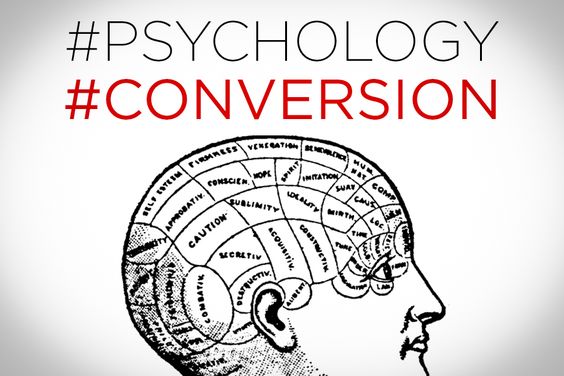The business to consumer (B2C) e-commerce model is described as the most used business approach by companies and entrepreneurs when undertaking different digital marketing strategies. Therefore, some economists have tried to demonstrate the positive effects this business model have on consumers’ purchase decisions, arguing that consumers can process in a rational manner, large volumes of commercial information in order to choose the most logical option.
On the other hand, some consumer behavior experts dispute such theory explaining that in e-commerce platforms developed under web 2.0 interfaces, buying experience is determined by tactics of behavioral stimuli which trigger emotional reactions.
For instance, several e-commerce websites employ psychological motivators that exploit users’ feelings of fear or perceived risk with the idea of creating multiple interpretations of the situational reality at the moment of buying something online. Thus, these psychological motivators give a single subjective connotation to every purchase experience and therefore influence websites’ conversion rates.
Rationality or psychological stimuli when buying online?
A particular case, in which the paradigm of “rational purchase decision” might be challenged, happens in airlines websites. In these e-commerce platforms, the time factor (urgency) determines tickets’ price fluctuation, which most likely will be increased if the user performs a second search in the same website using the same device.
The aforementioned marketing strategy is based on a psychological stimulator called: “time-limited scarcity” and is supported by the installation of cookies in the users’ device by the airline website.
The implementation of different business to consumer (B2C) e-commerce models by some companies, have allowed users to access large volumes of relevant commercial information before buying a product in a website. However, users’ behavior follows a dynamic of psychological stimuli rather than the rational choice, “analysis – comparison” on the available information.

Psychology and conversion in e-commerce